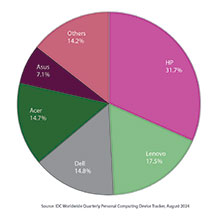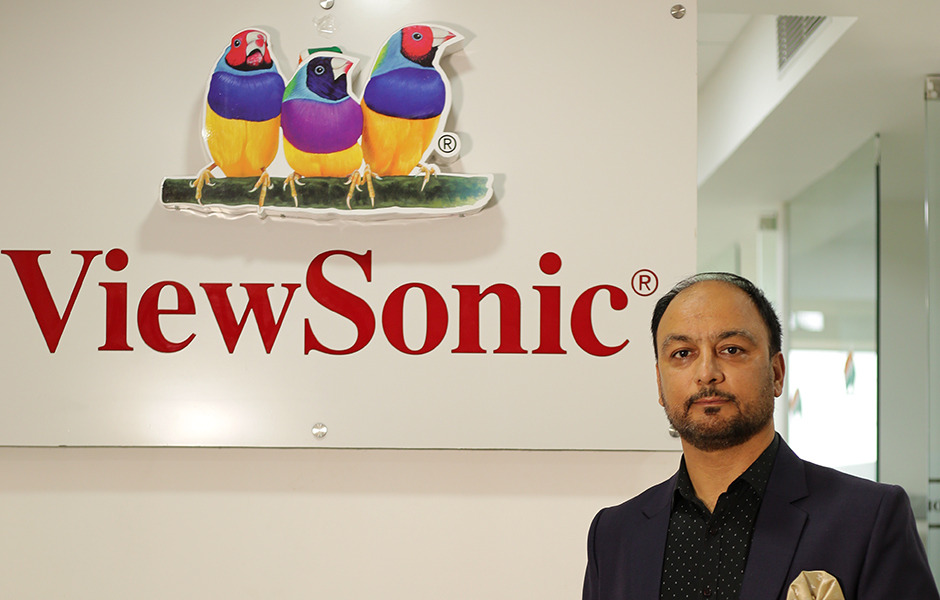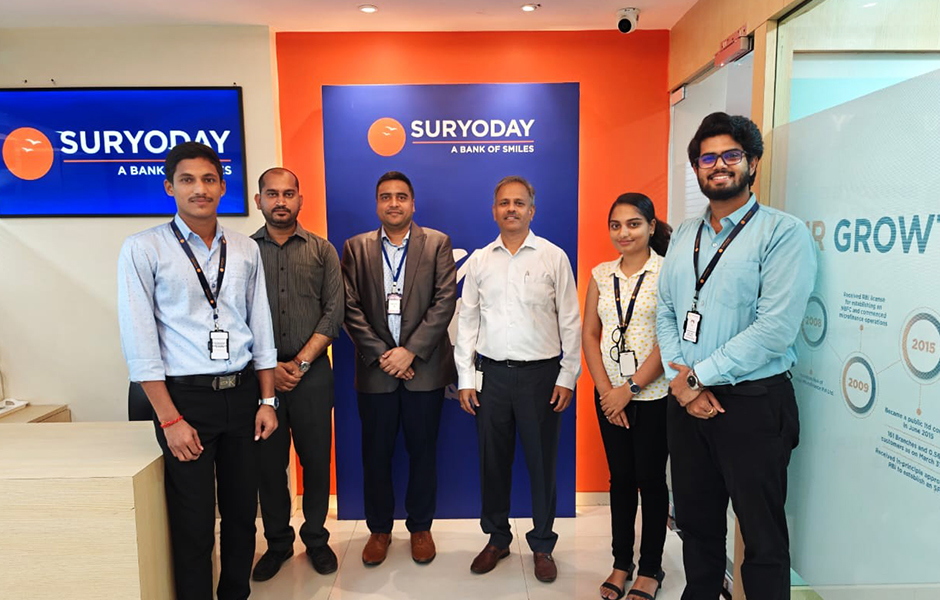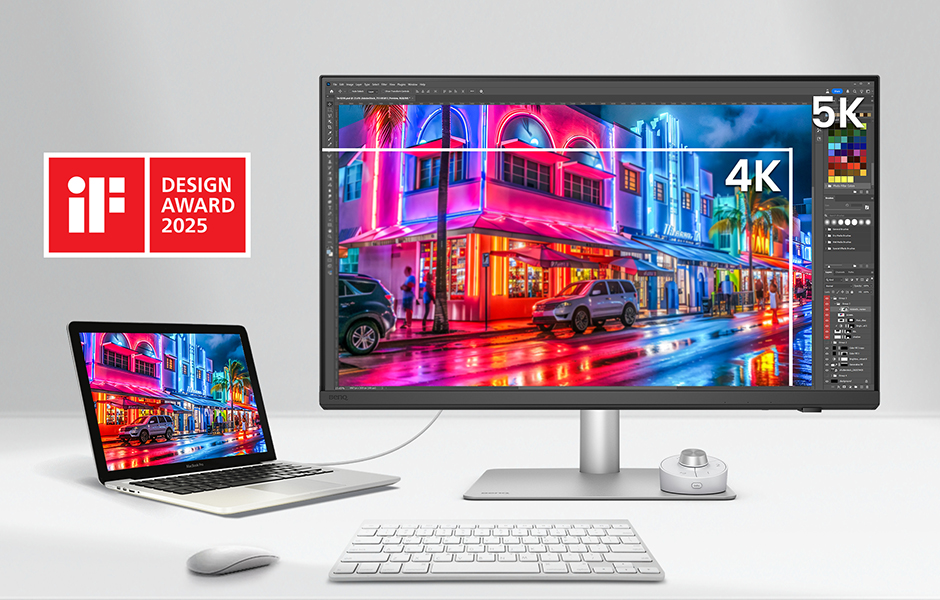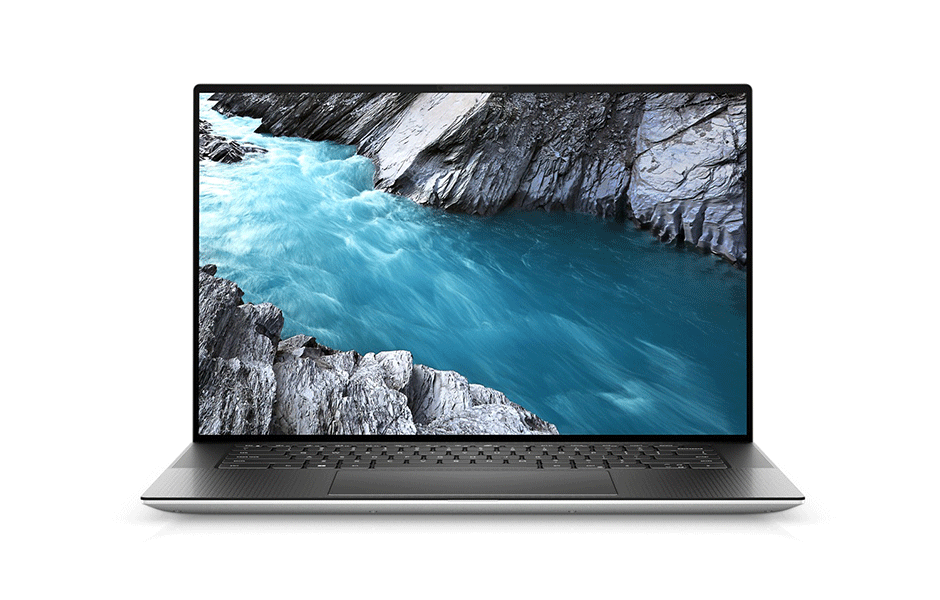Workplace disruptions during pandemic have positive impact on DE&I in India: Intel
Digital Edge Bureau 19 Nov, 2021 0 comment(s)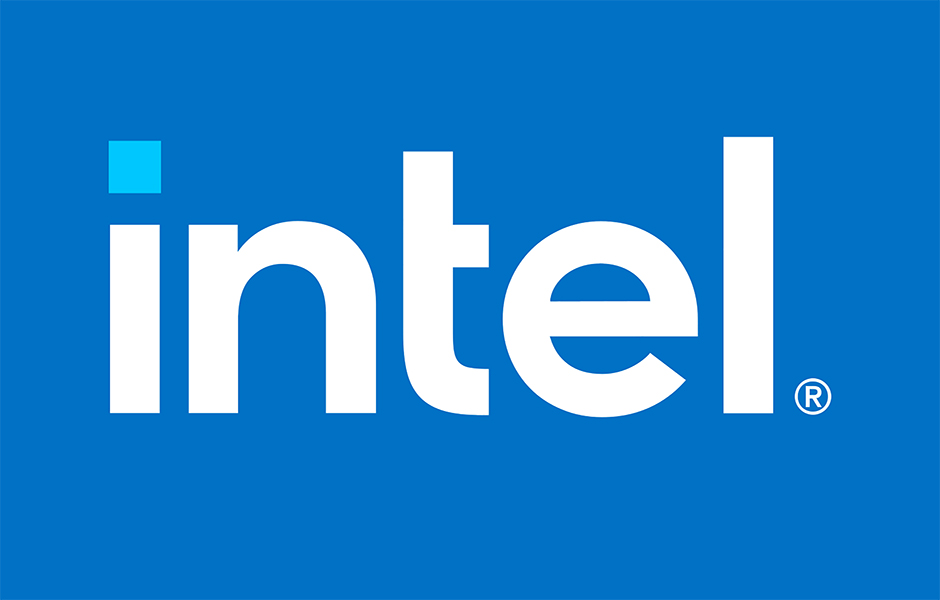
Intel commissioned a global survey of 3,000-plus business leaders across 17 countries to hear a first-person point of view on the state of Diversity, Equity and Inclusion (DE&I) today and in the future
New global survey commissioned by Intel sheds light on how business leaders in India and globally see the state of inclusion at work changing—and what’s needed to make progress moving forward.
As businesses across markets and sectors reflect on the rapid global transformation of how, when, and where we work, Intel commissioned a global survey of 3,000-plus business leaders across 17 countries to hear a first-person point of view on the state of Diversity, Equity and Inclusion (DE&I) today and in the future. In India, the findings reveal the perspectives of more than 200 business leaders across the country on the impact the COVID-19 pandemic has had on achieving their goals and how they plan to build inclusive and diverse companies going forward.
As a part of Intel’s commitment to improve DE&I research transparency in the industry, the company set out to evaluate the state of DE&I across businesses on a global and country level. The survey found that the pandemic has been a catalyst for businesses to reimagine the workplace model and adapt to new ways of working, which were historically unimaginable. 81% of the business leaders surveyed in India said that these workplace disruptions caused by the pandemic have had a positive impact on DE&I in their organization, demonstrating how remote workspaces and hybrid work models have been successful for achieving DE&I goals. Furthermore, 71 percent said their organization has significantly adapted DE&I initiatives for a hybrid workforce.
Anjali Rao, Senior Director – HR, Intel India, says, “Diversity, equity and inclusion are at the core of Intel’s business, purpose and culture and technology is the driving force that binds them together. This survey sheds light on the fact that with the right mindset and a culture that promotes employee wellbeing and technology, we can accelerate the journey toward a more diverse and inclusive workforce. As organizations plan for the next phase of work — whether remote, in-person, or hybrid — leaders need to continue thinking differently about DE&I. Intel is committed to driving inclusion within our organization, as well as in the industry.”
What the India Findings Say
Organizations are at an inflection point in how they integrate DE&I into their systems, culture, and leadership expectations. Majority of survey respondents (81 percent) in India believe the workplace disruptions driven by the pandemic have had a positive impact on DE&I in their organization, suggesting that Indian business leaders are confident in their trajectory to achieving DE&I goals. About 69 percent of survey participants who have set DE&I goals said they want to achieve them in the next two years, and 77 percent of those are confident in the company’s ability to do so – compared to 66 percent of business leaders globally.
In thinking about how changing work models will impact DE&I at work, 71 percent of Indian leaders whose companies offer hybrid work options said their organization has significantly adapted DE&I initiatives for a hybrid workforce. That compares to 60 percent of leaders globally, suggesting Indian businesses are at the forefront of anticipating inclusion challenges in an evolving workplace. On the other hand, 16 percent of Indian business leaders have indicated a negative impact on DE&I progress due to the pandemic, with the top reason being that remote work has made inclusivity challenging.
Other key trends from the report include
- Technology plays a key role in achieving DE&I goals: Over 94 percent of respondents with a hybrid workforcein India agreed that technology will make it easier to achieve their DE&I goals, highlighting its importance. Over half (51 percent) of respondents said that exploring how technology might help bolster their DE&I commitments is one of their top three priorities in the next 12 months.
- Impact of COVID-19 on inclusivity: Some 66 percent said that remote working and digitalization has made it easier to hire from underrepresented groups, and 57 percent said that the acceleration of digital transformation spurred by the pandemic has encouraged the adoption of new tools that will support inclusivity. On the other hand, 55 percent of those who have indicated a COVID-driven negative impact on DE&I said that working remotely has made inclusivity more challenging.
- Room for stakeholder, financial and industrywide investment: Around 36 percent of business leaders said there’s room for their company to invest more in systems and initiatives that promote DE&I. In terms of barriers to success, 45 percent said that a lack of investment in the tools and technologies to innovate is a key challenge that could prevent their company from reaching its DE&I goals. About 50 percent said that more employee training, development and support is critical in helping their business reach its DE&I goals and 63 percent believe that more awareness and inclusive language in products and documentation could help businesses achieve their DE&I goals.
- DE&I trainings and benchmarks: Over 48 percent said their organization has introduced new DE&I training for senior leadership over the past year and have made significant changes to them since remote work began in 2020 in order to adapt to changing work environments. That’s in addition to 39 percent who said they already have rigorous policy and training for their senior leadership. Further, 46 percent of leaders surveyed said they’d welcome global benchmarks and industry standards for DE&I and 47 percent want more collaboration across the industry as it relates to inclusion.

















